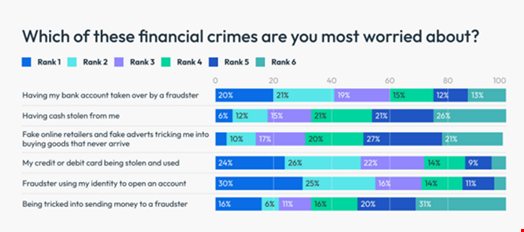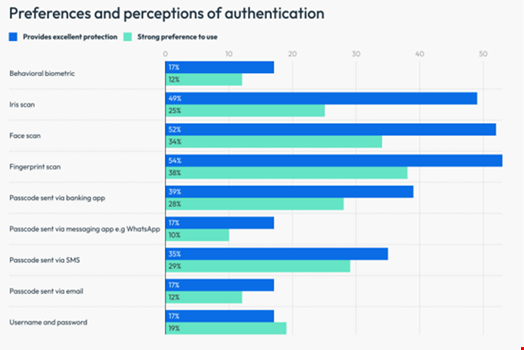Nearly two million Brits may have had their identity stolen and used by fraudsters to open a financial account in 2023, according to FICO’s new Fraud, Identity and Digital Banking Report.
The analytics firm found that 4.3% of respondents had their identity abused in this way, which would equate to 1.9 million people if extrapolated to the adult UK population.
This represents a significant decrease from 2022, when 7.7% of respondents reported falling victim to ID theft to open financial accounts.
However, a further 5.4% of respondents think it is “probable” that their stolen identity has been used to open an account.
Sarah Rutherford, senior director, fraud marketing at FICO, noted that the proportion of people who have been the victim of identity misuse could be far higher.
“It’s also important to note that our data merely indicates those who ‘know’ their stolen identity has been used for financial fraud. Most people don’t find out immediately about fraud in their name – if ever.
“And, of course, a fraudster is unlikely to only use a stolen identity once, so the value of the fraud will be considerable too,” she explained.
Read now: Safer Internet Day: Five Ways You Can Enhance Your Safety Online
This type of fraud was the financial crime that worried UK citizens the most (30%), according to the research. This was followed by their credit card being stolen and used (24%) and having their bank account taken over by a fraudster (20%).

Fraud Protection a Major Consumer Consideration
The FICO research suggested that strong fraud protection measures could have big commercial benefits for financial organizations.
Nearly a third (34%) of respondents ranked good fraud protection as their top consideration when choosing a new account provider, while 73% had it in their top three considerations.
However, around one in five (18%) said they will abandon opening a current bank account if identity checks are too difficult or time-consuming, showing that financial services firms must strike the right balance between security and ease of service.
Encouragingly, biometrics were a favorite authentication choice, with 87% stating that it provides excellent security.

Fingerprint scanning was the most popular biometrics method, with 38% having a strong preference to use. This was followed by face scan (34%) and iris scan (25%).
Just 17% believe username and password provides excellent protection.
Rutherford said: “It’s good to see that the previous resistance to the use of new verification tools such as iris, face and fingerprint scans, is waning as individuals recognize the benefits.”
